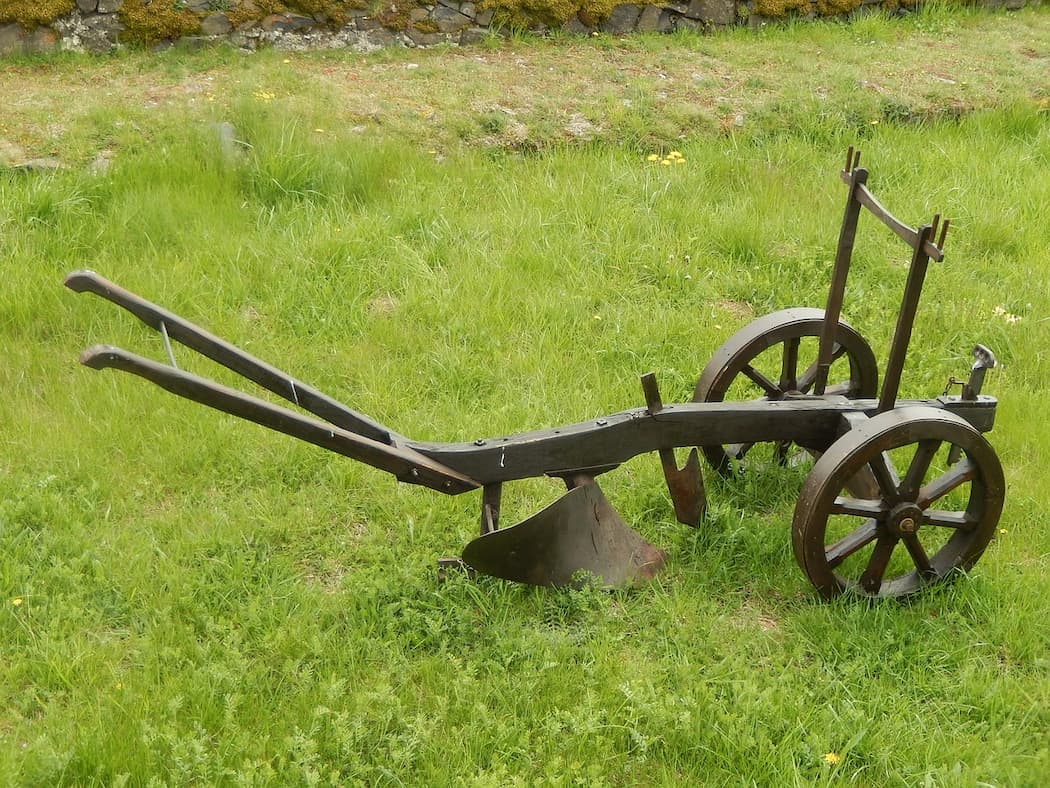As Jesus approached Jericho, a blind man was sitting by the roadside begging. When he heard the crowd going by, he asked what was happening. They told him, “Jesus of Nazareth is passing by.” He called out, “Jesus, Son of David, have mercy on me!” Those who led the way rebuked him and told him to be quiet, but he shouted all the more, “Son of David, have mercy on me!” Jesus stopped and ordered the man to be brought to him. When he came near, Jesus asked him, “What do you want me to do for you?” “Lord, I want to see,” he replied. Jesus said to him, “Receive your sight; your faith has healed you.” Immediately he received his sight and followed Jesus, praising God. When all the people saw it, they also praised God.
In the gospels, Jesus uses examples like sheep, children, the sick, the hurting to describe the types of followers he was sent to lead. Why is this?
I think this is easily related in a story: A certain young man had a field to plow. He was strong, he had a plow, and he began to work hard to get his field ready for planting. As he worked, he noticed he started getting blisters on his hands and feet. So he slowed down and eventually had to stop plowing so that his blisters could heal.
An older man approached this young man and offered to let him use his oxen to plow the field. The young man refused saying that, while he appreciated it, he wanted to accomplish this work on his own. So, he got back out there and worked; he got the same blisters and had to stop work again. This happened over and over again, and as a result, only half of the field was able to be planted. Because of this he did not have a fruitful harvest.
Just like this young man, many of us do not recognize our need for help. We continue to persist in pushing forward on our own and in our own strength, even when it is clear we need help.
Conversely, this blind man knew he was blind and wanted his sight. So he simply asked for help. He also knew and believed Jesus was able to help him, so he called to the “Son of David”, a reference to Jesus being the Messiah. He asked in humility and recognized the position of power that the one he asked of had. Had the young farmer done this, he would have recognized the wisdom of the older farmer, accepted his gift, and been able to live and accomplish his planting goals.
Sometimes those who are weak are the only ones who will acknowledge their need for help! So the question is: Will I recognize my weaknesses?
Thank you, Lord, for your love and grace and patience with me. I stand here as a sheep in need of a shepherd. I stand as one who, compared to you, is like a blind man. I cannot see the “way forward” and the “reasons why” in life. But you can. So I will trust you and call out to you for help. I don’t care who hears me, or who tries to deter me — I will call out to my Savior, my Healer, and my Friend, Jesus Christ!


